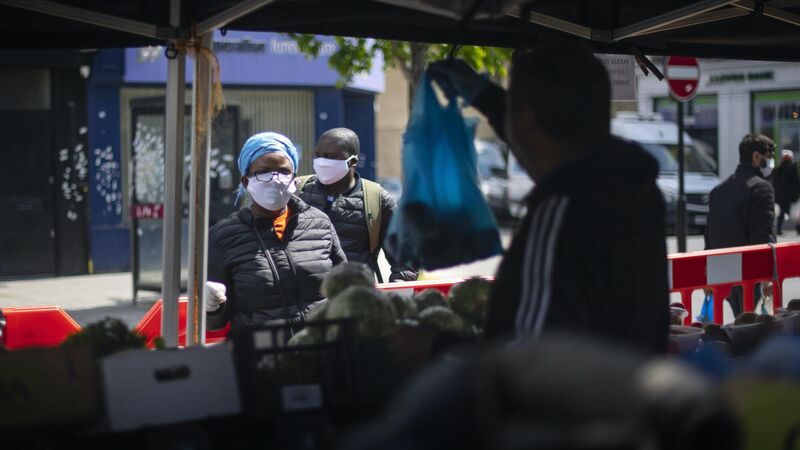Black people four times more likely to die with coronavirus, UK study

Black men and women are more than four times more likely to die a coronavirus-related death than white people, new analysis by the UK's Office for National Statistics (ONS) suggests.
Black males in England and Wales are 4.2 times more likely, while black women are 4.3 times more likely to die after contracting the virus, after accounting for age.














